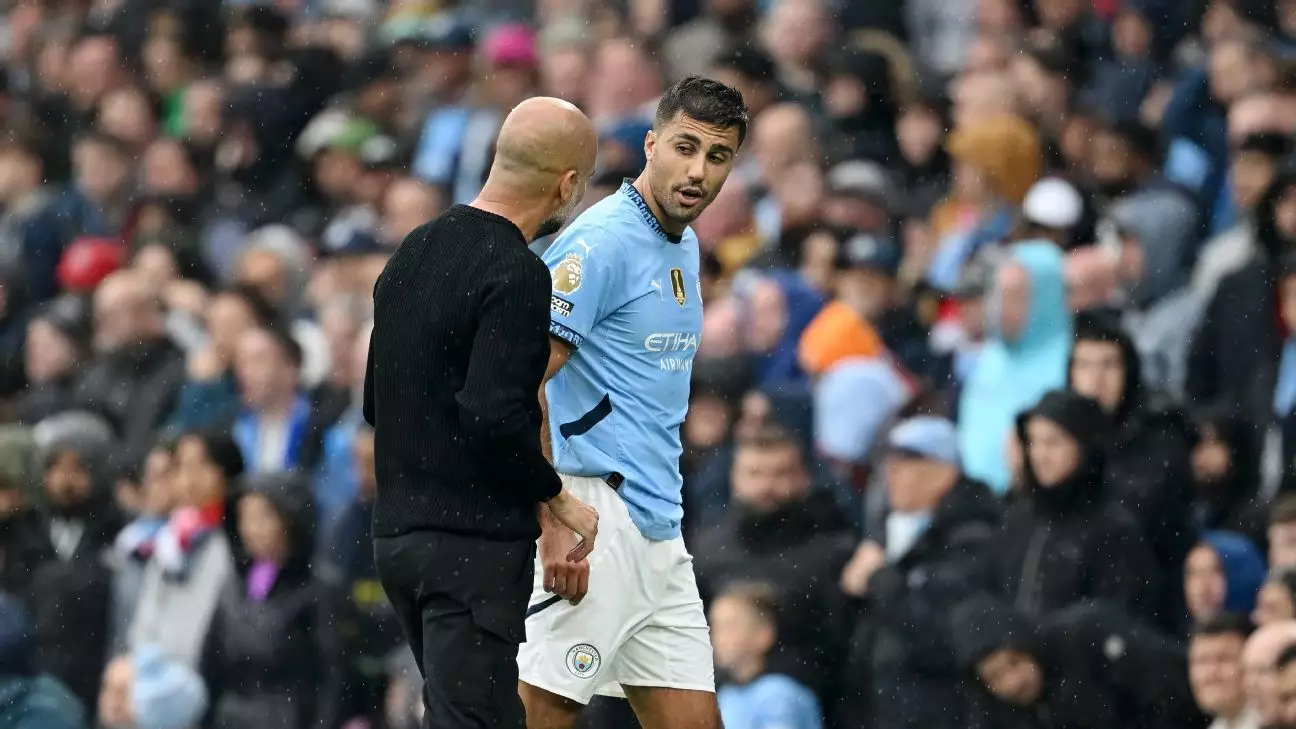Professional football, often revered as a pinnacle of athletic achievement and entertainment, faces a growing crisis regarding its adherence to safety standards for players. A comprehensive report released by Katholieke Universiteit Leuven (KU Leuven) underscores significant shortcomings in the industry’s approach to player welfare. Commissioned by FIFPRO, the global union representing professional football players, this report sheds light on how key decision-makers within football are jeopardizing the health and safety of those who are at the heart of the game.
The research unveiled the gravity of neglect in legal frameworks governing player health at both European and global levels. It was highlighted that standards typically applied in employment law are seldom integrated into the governance of professional football. Frank Hendrickx, Director of the Institute for Labour Law at KU Leuven, emphasized the troubling trend where player welfare is an afterthought in the sport’s business model. This stark reality brings to the forefront the urgent need for an overhaul in how player safety is conceived and prioritized.
The report’s findings coincide with a joint complaint lodged against FIFA’s influence on the international match calendar—a matter that a coalition of leagues and FIFPRO believes constitutes a violation of European Union law. The expansion of the FIFA Club World Cup has been one of the most contentious issues, with its growth from seven to 32 participating clubs compelling players to endure a punishing schedule that severely limits their rest periods between competitive seasons.
Alfonso Lamadrid, a prominent lawyer specializing in EU competition law, articulated concerns regarding FIFA’s negligence in safeguarding the health of players. He stated that the current structure and regulations imposed by FIFA actively hinder compliance with health and safety principles, illustrating a troubling paradox where profit and spectacle overshadow player welfare.
The Hidden Costs of Intense Competition
Recent trends reveal alarming patterns of fatigue—both physical and mental—among professional footballers. Lode Godderis, a professor in occupational health and safety, confirms that the injury rate among players is significantly higher than that observed in many other professions. Factors contributing to this crisis include overwhelming match loads, erratic training schedules, and inadequate recovery times.
As the demands piled onto players continue to intensify, an increasing number of them have begun to voice their concerns. Alexander Bielefeld, FIFPRO’s director of policy and strategic relations, echoed players’ sentiments regarding the unsustainable nature of their schedules. With competitive fixtures multiplying—especially with the introduction of new Champions League formats and an impending World Cup—it’s becoming clear that players are reaching a breaking point, compromising their long-term health for the sake of immediate competitive pressures.
The complaint against FIFA is not an isolated incident; it represents a growing movement among players and unions across Europe and beyond demanding more protective measures. The collaboration among various players’ associations—including England’s Professional Footballers’ Association and Italy’s Associazione Italiana Calciatori—highlights a collective understanding that reform is paramount for ensuring player safety.
This legal action serves as a crucial step towards accountability, potentially paving the way for overdue modifications in policies governing player welfare. As the fallout from the report unfolds and more players become advocates for their rights, the football world is confronted with a clear choice: adapt to safeguard the futures of its athletes, or risk further alienation and decline.
The issues raised in the KU Leuven report are symptomatic of a broader negligence within professional football regarding player health and safety. As stakeholders within the sport grapple with escalating demands and expectations, it is essential to re-evaluate the structures and policies that dictate players’ lives. The time for change is now—ensuring players are recognized not merely as entertainers, but as valuable individuals whose health and safety must be prioritized. If the sport is to protect its future, it must first safeguard the very individuals who make it possible.

